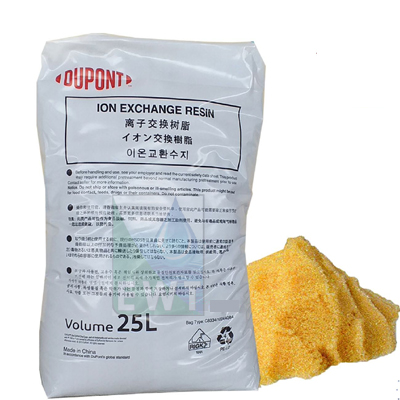
Cation resin is a critical component in water softening systems, used to remove hardness ions such as calcium (Ca²⁺) and magnesium (Mg²⁺) from water. Here’s a detailed overview of cation resins for softener filters:
Cation resins are essential for efficient water softening, providing a reliable method to remove hardness ions and improve water quality. By understanding their properties and maintenance requirements, you can ensure optimal performance in both residential and industrial applications.
Copyright © 2026All Rights Reserved | Made with 💙 আধুনিক TECH